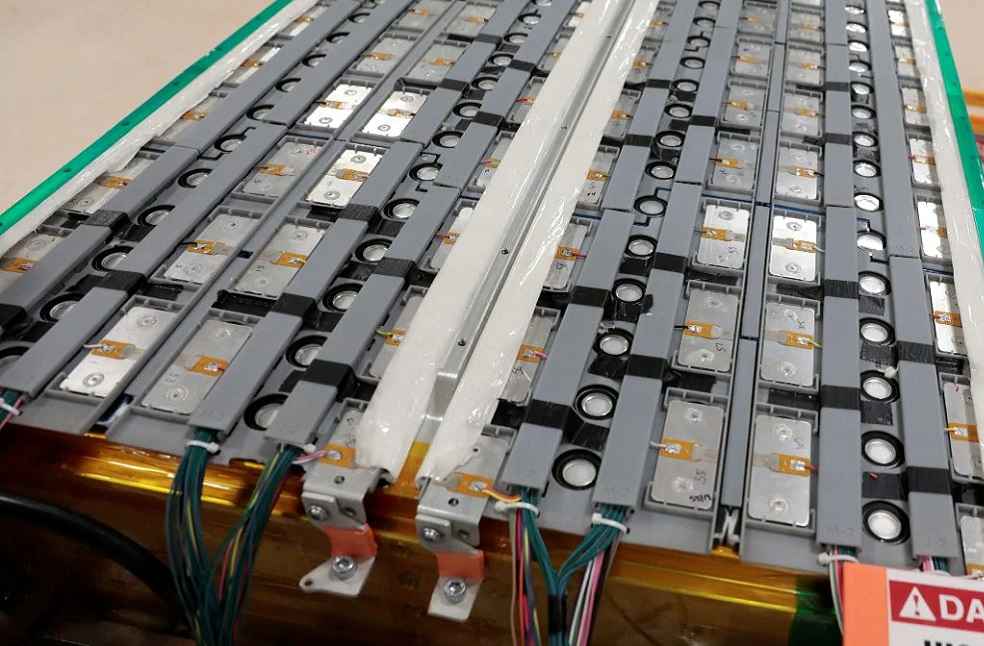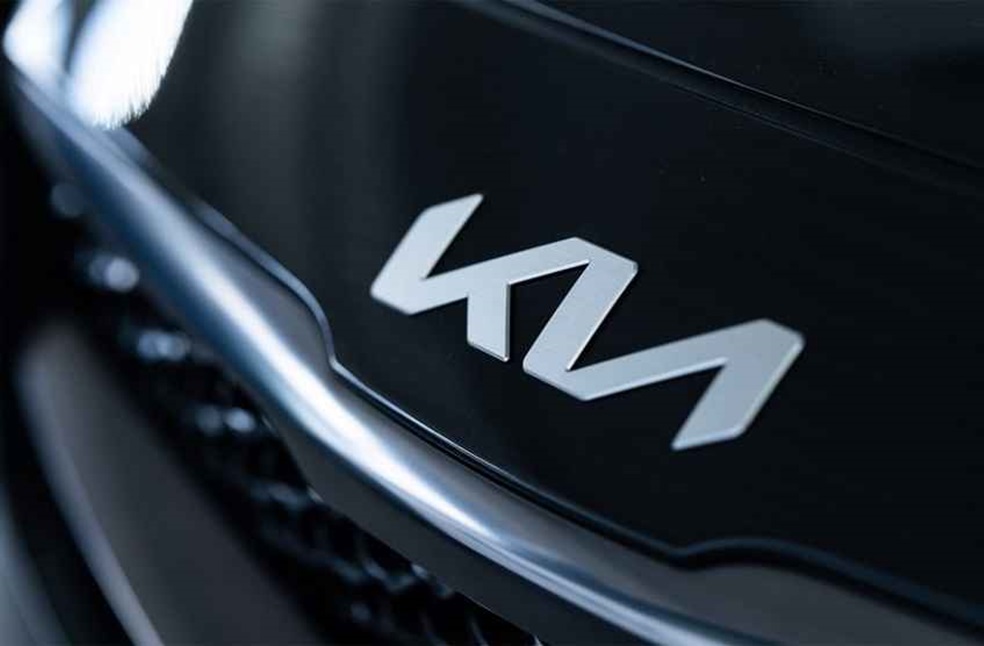Kia Europe is trialing a new battery passport system at the cell level to deliver real-time insights about the condition and performance of each battery cell in its electric vehicles (EVs).
Describing it as ‘preliminary research,’ the company says the innovation enhances transparency in EV battery health by delivering real-time, detailed data for each individual cell.
A battery passport allows continuous monitoring of the cell’s State of Health (SoH), supports instant repair diagnostics, and ensures full traceability throughout the battery’s lifespan. According to Kia, this offers EV owners advantages like longer battery durability, reduced maintenance costs, and greater confidence when purchasing or selling pre-owned electric vehicles.
When the data is uploaded, users, mechanics, regulators, and others can view real-time information regarding the battery’s SoH via the vehicle’s infotainment system. To maintain accuracy and traceability, the system updates automatically following any repair.

The battery passport data collected during the trial was accessed through a data-sharing pilot platform developed by TNO. Kia conducted the trial using an EV3 equipped with cell monitors to investigate the potential of advanced battery data. The test vehicle can track and transmit live data from each cell within the battery pack, uploading it to the digital battery passport.
Delft University of Technology, in collaboration with Hyundai Motor Group, led the joint battery passport trial. The system is also adaptable for various uses, including integration with different vehicle models, compatibility with other brands, or implementation in other sectors.
Enhanced precision in battery monitoring enables targeted, cell-specific repairs, allowing individual cells to be replaced rather than entire modules, saving both time and cost. For used EV owners, access to live battery data boosts confidence in vehicle performance, ultimately supporting stronger resale values.

Kia has formed a dedicated internal team, bringing specialists from across the company to develop its own battery passport system. This effort is being carried out in collaboration with partners throughout the EV battery value chain and related industries. Kia’s battery passport will exceed regulatory requirements by including additional safety-related data, setting a new standard for the industry. The company aims to roll out this service across all EV and HEV models sold in Europe by February 2027, in line with EU battery regulation mandates.
EV WORLD | GM Scraps $7,500 EV Tax Credit Plan, Offers New Incentives





